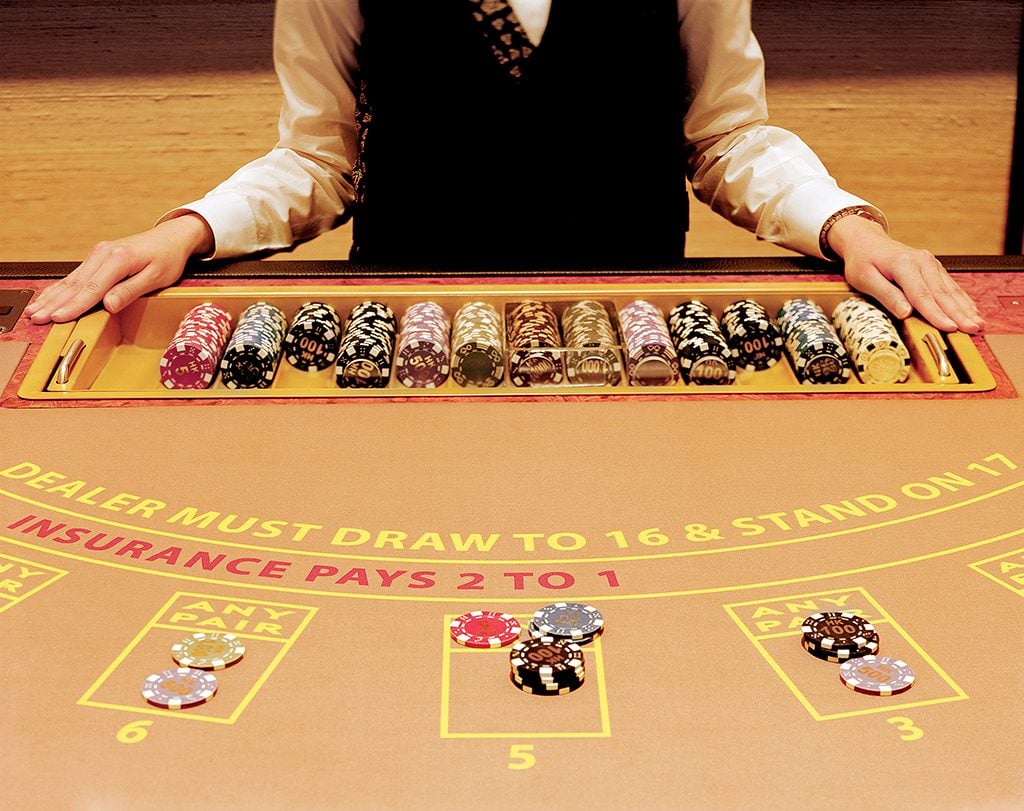The Evolution of Gambling Pastimes Over the Centuries

Casino games have fascinated players throughout history, evolving from simple pastimes to intricate adventures that combine chance, tactics, and amusement. From the ancient roots of gambling in societies including ancient Mesopotamia and Rome to the glitzy corridors of contemporary casinos, the evolution of these games shows much about human nature and our interaction with risk. As cultures blended and innovation has progressed, casino games have transformed, reflecting societal changes and innovations in gameplay.
The initial iterations of gambling likely featured elementary dice-based games and wagering on the results of sporting events. As time passed, these early games grew into better-organized games like table games, the game of roulette, and the myriad slot machines that fill the premises of casinos today. Each period brought its own set of rules, aesthetics, and cultural importance. At present, casino games persist in evolving with the rise of internet-based platforms, enabling players from various parts of the world to participate in a collective experience, further fusing the traditional with the age of technology.
Early Origins of Casino Activities
Gambling games have origins that reach back to ancient societies, where gambling was strongly entrenched in social practices and cultural customs. The earliest known instances of betting emerged in ancient Mesopotamia around 3000 BC, involving primitive dice activities made from bone bones. These early games laid the groundwork for more complex betting activities, reflecting humans' natural desire to pursue fortune and entertainment through chance.
As societies evolved, so did their gambling pursuits. In ancient China, around two thousand three hundred BC, objects were unearthed that resembled primitive basic forms of a lottery activity. More structured instances of betting arose in the ancient Roman Empire, where activities of luck were a popular pastime, often occurring in social gatherings. The Romans developed various betting games, which included dice and board games, highlighting the widespread nature of betting across various social strata.
With the flow of years, these early activities contributed to the development of modern gambling activities. In the Middle Ages, card games grew prevalent in Europe, paving the way for the professional gambling venues we know today. The shift from casual betting to formal gaming in pubs and personal homes marked a major change in how people engaged with activities of chance, leading to the subsequent creation of casinos as dedicated venues for gambling.
The Growth of Current Gambling Industry
The final 20th century marked a significant change in the realm of casino games, fueled by technological progress and shifts in cultural attitudes towards betting. The introduction of computers and the World Wide Web transformed the way gamblers interacted with their preferred gaming experiences. Virtual casinos emerged, enabling enthusiasts to enjoy timeless table games like Texas Hold'em and blackjack from the comfort of their houses. This emerging digital landscape not only expanded availability to casino games but also attracted a fresh crowd who found the convenience and diversity attractive.
As online gaming gained popularity, so did innovations in gaming technology. The advancement of sophisticated programs and graphics changed classic casino games into engaging experiences. Gamblers could now interact with live dealers through live feeds, bringing the feel of brick-and-mortar casinos directly into their houses. This blending of in-person play with digital interfaces created a unique hybrid experience that elevated the social aspect of playing, allowing it possible for individuals to engage and compete with others around the planet.
Furthermore, the emergence of gaming on mobile devices significantly changed the casino landscape. With the widespread use of mobile phones and tablets, players can play their beloved gaming options everywhere, anytime. Mobile applications offer a vast array of games optimized for mobile screens, catering to the busy lifestyle of modern users. This accessibility has produced increased involvement in casino games, contributing to the exponential growth of the gambling sector. As a result, the future of the gaming industry continues to progress, adapting to new technologies and shifting consumer preferences.
The Impact of Technology on Casino Games
Technology's advancement has greatly changed casino games, improving the overall gaming experience for players around the world. With the introduction of the internet, online casinos emerged, allowing players to enjoy their favorite games from the safety of their own homes. This shift not only made casino games more accessible but also increased the variety of games available, as online platforms could offer many different versions of traditional games without the limitations of physical casinos.
The rise of mobile technology further revolutionized the casino gaming landscape. With the proliferation, players can to engage in casino games anytime and anywhere. This mobility has led to the development of dedicated mobile applications and optimized websites that offer smooth gaming experiences. Additionally, innovations such as live dealer games have brought the authentic atmosphere of a casino into players' living rooms, bridging the gap between physical and online gaming.
Moreover, advancements in AI and VR are leading to the next generation of casino games. AI improves game design and player interaction, creating customized experiences based on user behavior and preferences. sports betting sites not on GamStop Meanwhile, virtual reality offers immersive environments where players can interact in a virtual casino environment, making the gaming experience more engaging and realistic. As technology continues to evolve, the future of casino games looks promising, filled with endless possibilities for advancements and entertainment.
